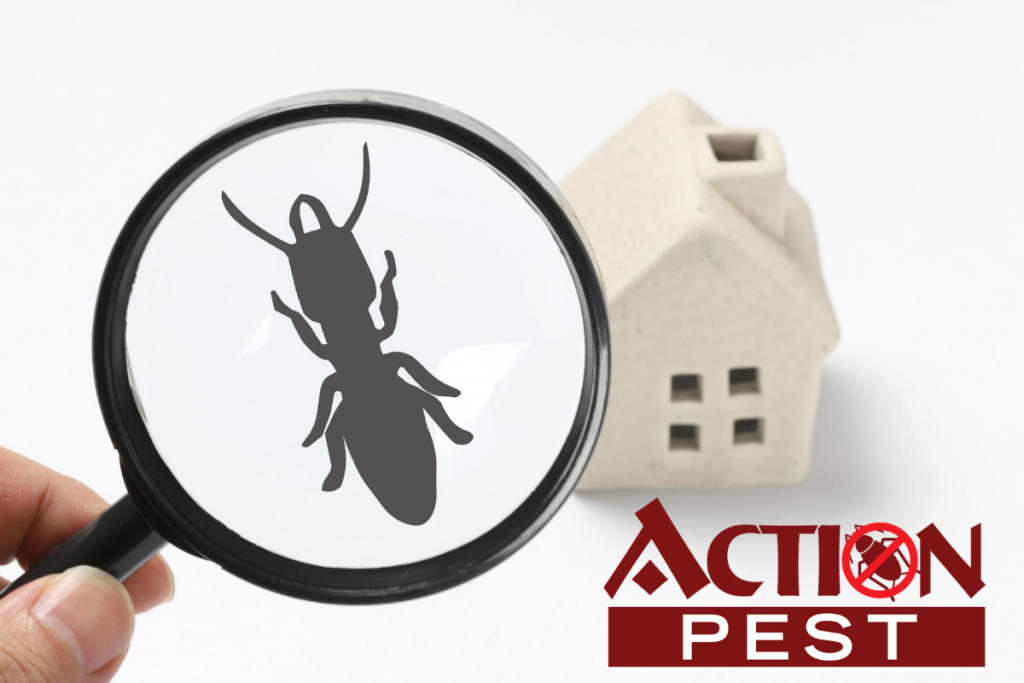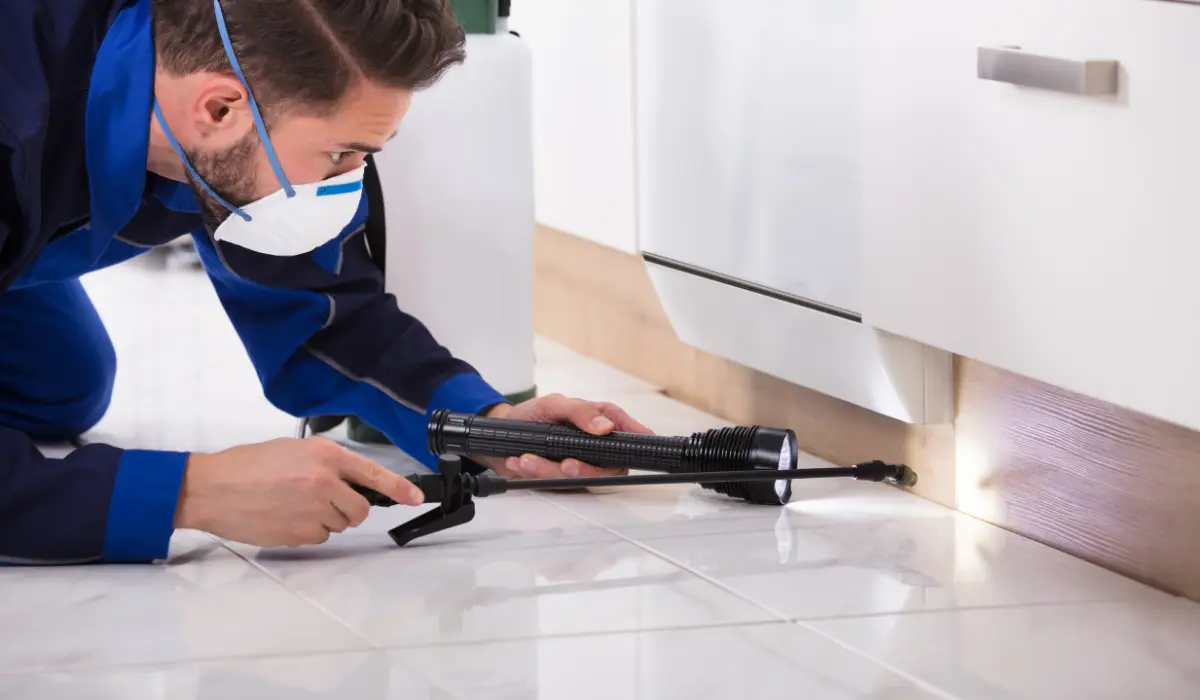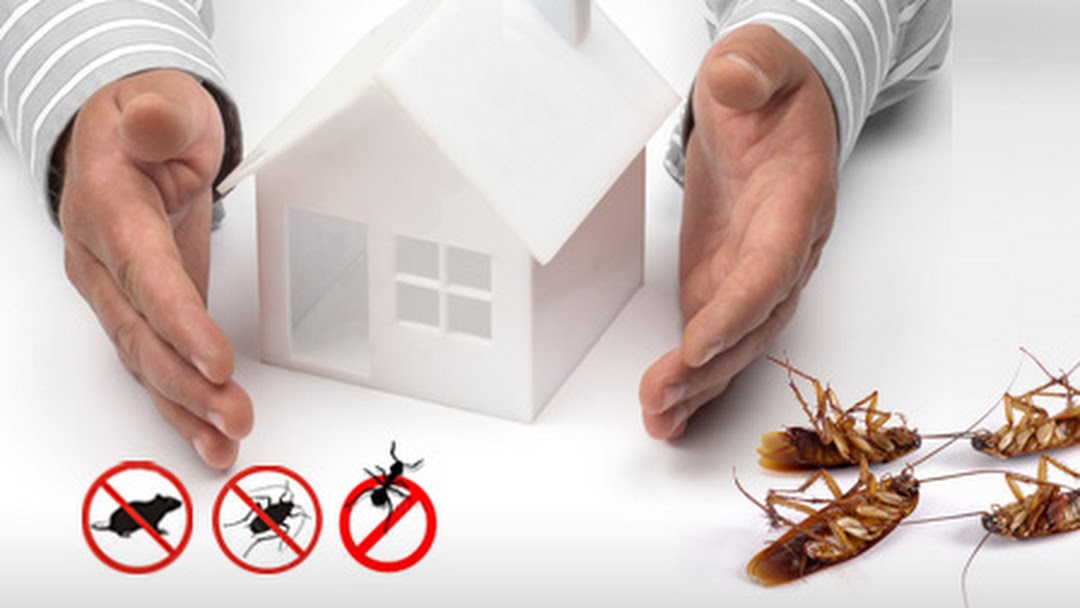Safe and Reputable Insect Control for Lasting Defense
The value of dependable and secure pest control can not be overemphasized, particularly in a period where ecological worries are extremely important. Reliable bug management needs a diverse method that balances ecological integrity with the requirement for effective insect suppression. By discovering eco-friendly options and incorporated insect administration approaches, homeowners can accomplish lasting security versus invasive types while safeguarding beneficial ecological communities. Nonetheless, the subtleties of these methods might not be instantly clear, triggering a more detailed examination of the methods that can lead to lasting bug control end results. What steps can be taken to ensure both safety and efficacy in pest administration?
Understanding Insect Control Approaches
Bug control encompasses a range of methods targeted at handling and removing undesirable pests and rodents that can endanger both health and wellness and residential or commercial property. Understanding these approaches is crucial for efficient insect management.
The key classifications of insect control approaches include mechanical, organic, and chemical methods. Mechanical methods entail physical barriers and catches to stop parasite entrance and capture undesirable species. As an example, making use of displays on home windows or using sticky traps can substantially reduce insect populaces without introducing dangerous materials.

Chemical insect control is frequently the most identified approach, using pesticides to remove parasites. These chemicals can be reliable yet should be utilized with care to prevent negative effects on non-target types and the setting.
Advantages of Eco-Friendly Solutions
Exactly how can environmentally friendly remedies change insect control methods? The fostering of environmentally friendly parasite control approaches provides many benefits, substantially enhancing the efficiency and safety and security of pest management.

Another benefit is the favorable effect on local biodiversity. Environment-friendly options are made to target certain insects while preserving useful pests and wild animals, promoting a balanced community. This approach lines up with the expanding consumer need for sustainable practices, improving the track record of parasite control carriers.
Integrated Bug Administration Strategies
The application of environment-friendly options naturally causes the adoption of Integrated Insect Administration (IPM) approaches, which even more enhance parasite control efficiency. IPM is an all natural strategy that combines multiple techniques to manage insect populations while minimizing ecological influence. This technique stresses the use of organic, social, mechanical, and chemical controls, making certain a balanced and sustainable method of parasite monitoring.
One fundamental element of IPM is the complete assessment of pest activity and environmental conditions. By monitoring bug populations and recognizing their life cycles, professionals can carry out targeted interventions that disrupt the insect's environment or lifecycle, reducing dependence on chemical pesticides. Furthermore, cultural practices such as crop rotation and environment manipulation can considerably reduce pest facility and recreation.
Another critical element is the usage of biological control agents, such as helpful pests or bacteria, which can normally reduce parasite populations. When chemical applications are required, IPM focuses on the use of low-risk chemicals and uses them uniquely, lessening exposure to non-target microorganisms and people.
Integrating IPM strategies not only boosts insect control effectiveness yet also promotes a safer environment, straightening with the growing demand for lasting practices in pest administration.
Safe Practices for House Owners
Understanding the significance of risk-free methods in insect control can encourage homeowners to efficiently manage pest concerns while securing their wellness and the setting. Applying preventive steps and non-toxic techniques is crucial in reducing direct exposure to dangerous chemicals.
Home owners need to first analyze their setting for conditions that attract bugs, such as standing clutter, food, and water waste. Frequently cleansing and securing access points can deter bugs from attacking the home. Making use of all-natural deterrents, such as essential oils or diatomaceous earth, can provide effective choices to chemical pesticides.
When chemical therapies are required, house owners need to choose for products that are particularly identified as safe for household usage. It is important to adhere to application standards meticulously to prevent overexposure. Moreover, making use of targeted treatments in areas where pests are determined, instead of covering splashing, can considerably minimize chemical use.
Last but not least, maintaining open communication with insect control professionals is vital. Property owners need to ask about the security of products made use of and request is termite treatment effective environment-friendly options whenever feasible. By taking on these risk-free techniques, home owners can produce a much healthier living environment while properly taking care of insect concerns.

Tips for Long-Term Security
Developing a pest management method that stresses long-term security can greatly boost the performance of the safe techniques formerly gone over. To accomplish this, house owners ought to carry out routine examinations of their property, concentrating on hidden locations such as attic rooms, basements, and crawl spaces. Early discovery of parasite task is vital in stopping infestations from holding.
These techniques lower attractants that draw insects into the home. Sealing access factors, such as fractures around windows and doors, can properly obstruct possible bug gain access to.
Landscaping ought to likewise be thought about; keeping plants trimmed and keeping a distance between plants and the home lessens concealing areas for insects. Using natural deterrents, such as necessary oils or diatomaceous earth, can even more prevent infestations without resorting to extreme chemicals.
Last but not least, teaming up with an expert parasite control service for regular analyses can provide an extra layer of security. These experts can provide customized referrals and progressed treatments, her comment is here making sure that your home continues to be safeguarded versus bugs in the long-term.
Conclusion
Finally, risk-free and reliable parasite control requires a multifaceted strategy that emphasizes environment-friendly techniques and integrated pest monitoring. By executing natural deterrents, performing routine evaluations, and preserving appropriate hygiene, residential or commercial property proprietors can substantially reduce pest populations while shielding helpful pests and the setting. Cooperation with expert insect control solutions enhances the efficiency of these methods, ensuring customized services that offer enduring security and assurance against future invasions.
Efficient parasite monitoring needs a complex method that stabilizes ecological stability with the demand for effective insect suppression. The fostering of environment-friendly parasite control techniques supplies various benefits, considerably boosting the efficiency and security of pest management.The application of environmentally friendly options naturally leads to the adoption of Integrated Bug Administration (IPM) techniques, which further enhance bug control efficacy. exterminator coquitlam. By keeping track of bug populaces and determining their life cycles, practitioners can carry out targeted treatments that interrupt the parasite's environment or lifecycle, minimizing reliance on chemical look at this web-site pesticides.In verdict, reputable and risk-free pest control needs a complex method that highlights environment-friendly techniques and integrated insect administration